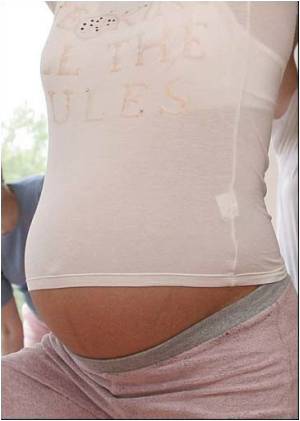Highlights:
- Current study was undertaken to confirm whether adjuvant low dose aspirin (≤ 150 mg) (with fewer side effects and better safety profile) would be effective in the healing of venous ulcers
- Two earlier trials have suggested that 300 mg aspirin may be beneficial as adjuvant treatment to compression therapy in chronic venous ulceration of the leg.
Role Of Low Dose Aspirin In Venous Ulcer Healing – Methods Of The Study
The current study was undertaken following earlier trials that suggested a beneficial role of 300 mg aspirin in the healing of venous leg ulcers The study employed low dose aspirin (≤ 150 mg) which is safer to use in elderly patients (with fewer adverse effects such as bleeding)- Participants included 251 patients receiving community care nursing services from five study centers throughout New Zealand (Auckland, Dunedin, Christchurch South Auckland and Waikato).
- As it was a double blind study, neither the participants nor the persons conducting the trial (the research team) knew who was getting a particular treatment. This was done to reduce bias which could otherwise affect the results.
- 125 participants were randomized to low dose aspirin and 126 were randomized to the placebo.
- The participants received either 150 mg or less oral aspirin or a matching placebo for a period of 24 weeks, while continuing on standard compression treatment for venous ulcers in the background.
- Recruitment for the trial began on 1st March 2015 and was due to be completed on 30th September 2016, however was extended to 23rd December 2016.
- The main outcome measured was the time taken for complete healing of the reference ulcer (largest ulcer if more than one ulcer was present). Secondary results evaluated included proportion of participants healed, change in ulcer size, impact on general health and quality of life, and adverse events.
Role Of Low Dose Aspirin In Venous Ulcer Healing - Results Of The Study
- The median number of days taken for healing of the reference ulcer was 77 days in the aspirin group and 69 in the placebo group.
- The number of participants whose ulcers had healed at the endpoint was 101 (80%) in the placebo group and 88 (70%) among the aspirin group.
- Estimated change in ulcer size was 4.8 cm2 in the placebo group and 4.1 cm2 in those who received aspirin.
- 40 adverse reactions were seen among 29 participants in the aspirin group and 37 adverse events among 27 participants who had received placebo.
- Two hundred and thirty two (92.4%) participants filled the quality of life questionnaires given at start and end point of the trial. No statistically significant changes were reported.
Possible Mechanism Of Action Of Aspirin In Healing Of Venous Ulcers
Aspirin (a platelet inhibiting agent) has been advocated as a potential treatment option in venous ulcers due to the following reasons.- Persons with venous ulcers have increased platelet activation and aggregation activity seen.
- Persons with chronic venous insufficiency have been found to have higher platelet counts and platelet reactivity in comparison with normal controls.
Comparison Of Current Study Versus Two Earlier Trials
Two previous smaller trials with a total of 71 participants using 300 mg aspirin have suggested that aspirin at this dose may be beneficial but a Cochrane review failed to find sufficient evidence to support the claim. There is no trial evidence to support the role of low dose aspirin (150 mg) when used as an adjuvant with compression therapy to improve the healing of venous ulcers.Conclusion
The contradictory results between the earlier trials and the present study might be due to the dose of aspirin or bias in the earlier trials. However, the results of newer trials using 300 mg aspirin are still awaited and until then aspirin should not be used as adjuvant in the treatment of venous ulceration in the leg.Source-Medindia















